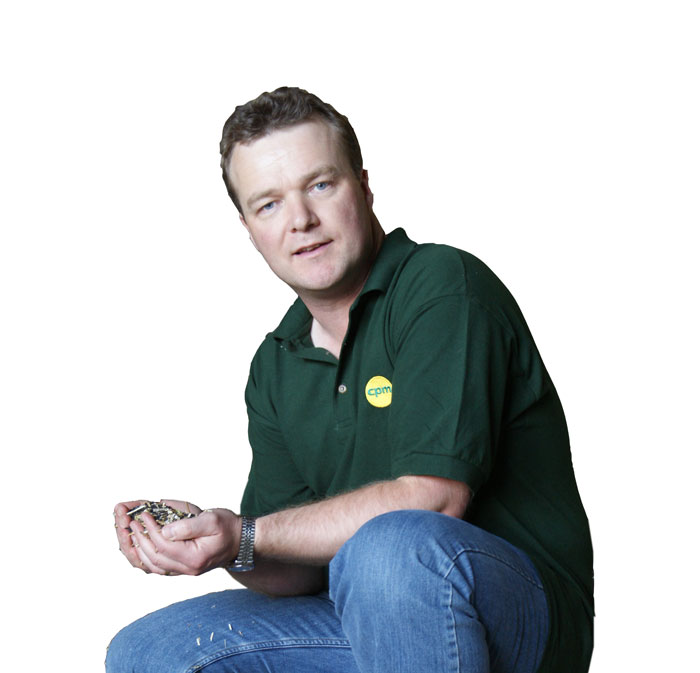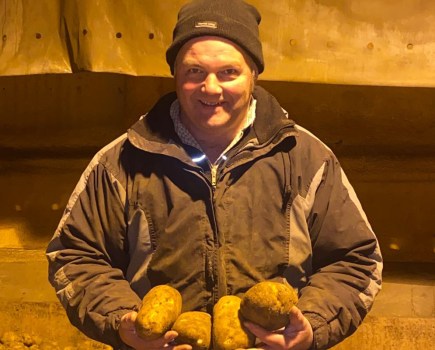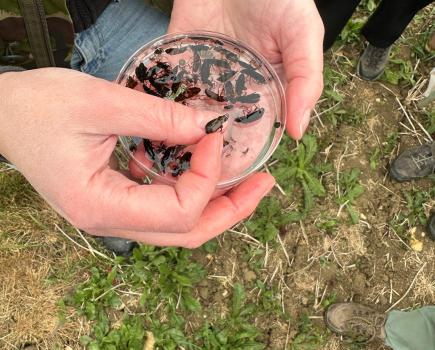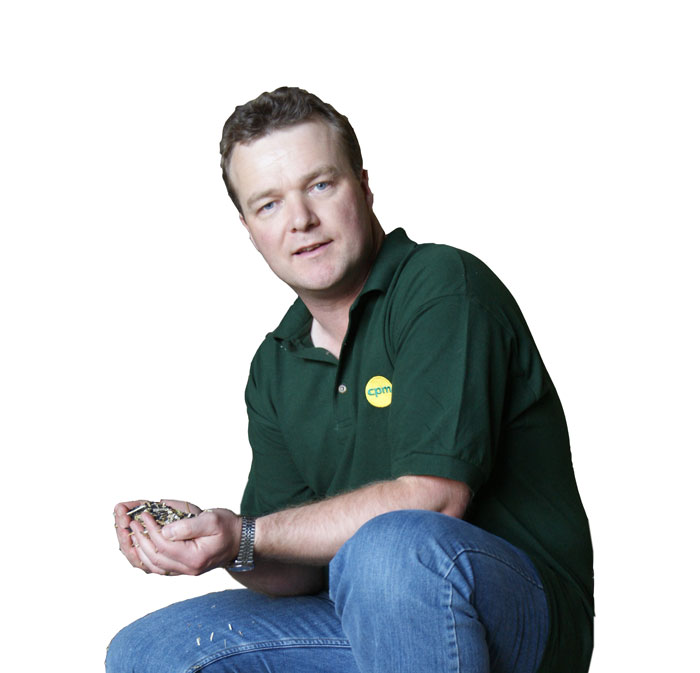 An interesting debate has gathered momentum on Twitter over arable farming’s effect on climate change.
An interesting debate has gathered momentum on Twitter over arable farming’s effect on climate change.
The discussion revolved around no till, which is always good click bait for arable farming’s Twitterati. It posed the question of whether NFU members would accept that its target of Net Zero emissions by 2040 would result in the inevitable end of ploughing.
Of course it’s absurd to suggest that, whatever a government’s desire to reduce emissions, it would command the requisition of all ploughs and anyone who deigned to put metal to soil would be turfed off the land (although with the current lunacy that’s consumed Westminster, anything’s possible).
It does raise the very serious question, however, of just how much carbon we release through tillage, that’s lost to the atmosphere, and more importantly what we can do to reduce or even reverse this loss. The fact is, we don’t know. It can’t currently be accurately measured.
Until we have reliable metrics for the impact arable farming has on the soil carbon exchange, we will always be vulnerable to criticism, perhaps even legislation, that may restrict what we regard as best practice to optimise production. If you consider the vitriolic abuse hurled at beef and lamb producers, based on a shocking level of misinformation, it’s only a matter of time before climate extremists train their venom on what they may see as abusers of the soil.
What’s inspired about the NFU initiative, however, is that it proactively challenges such a stand. It recognises farming’s vital role in sequestering carbon, just as much as it acknowledges that we should and can reduce our net emissions.
This begs the question “how?”, and that’s where the CPM reader comes in. If there’s anyone in the country who will have the foresight and progressive thinking to show the way forward, it will be you. So we’re setting out to find the Climate Change Champions – those farmers with their eye set firmly on the future; those with a level of measure, not just on their cost per tonne, but its carbon cost too; and most of all, those with inspirational ideas that will take UK Farming towards its goal of Net Zero over the next 20 years.
We’d like you to step forward and play your part in helping a climate-friendly, more productive and future-proof agriculture take shape. For its part, CPM will push to give our Climate Champions the profile they deserve. This is also a partnership approach, that involves the entire industry. We already have a number of commercial partners who have come on board. We’re grateful to them for the support they’ve pledged for this worthy cause, and we’re expecting that number to grow.
And there’s no better time than 2020 for this initiative. At the end of next year, the world’s attention will be focused on Glasgow which is set to host the 26th session of the Conference of the Parties (COP 26). This is a major UN gathering, expected to draw representatives from 200 nations as they determine the next steps in the global quest to slow global warming.
Such an eminent gathering has never come to the UK before. I think we should aim to have our Climate Change Champions take part, perhaps even share the stage with the likes of Greta Thunberg, and show the world that it’s not criticism farming deserves, but praise for its inspirational leadership.
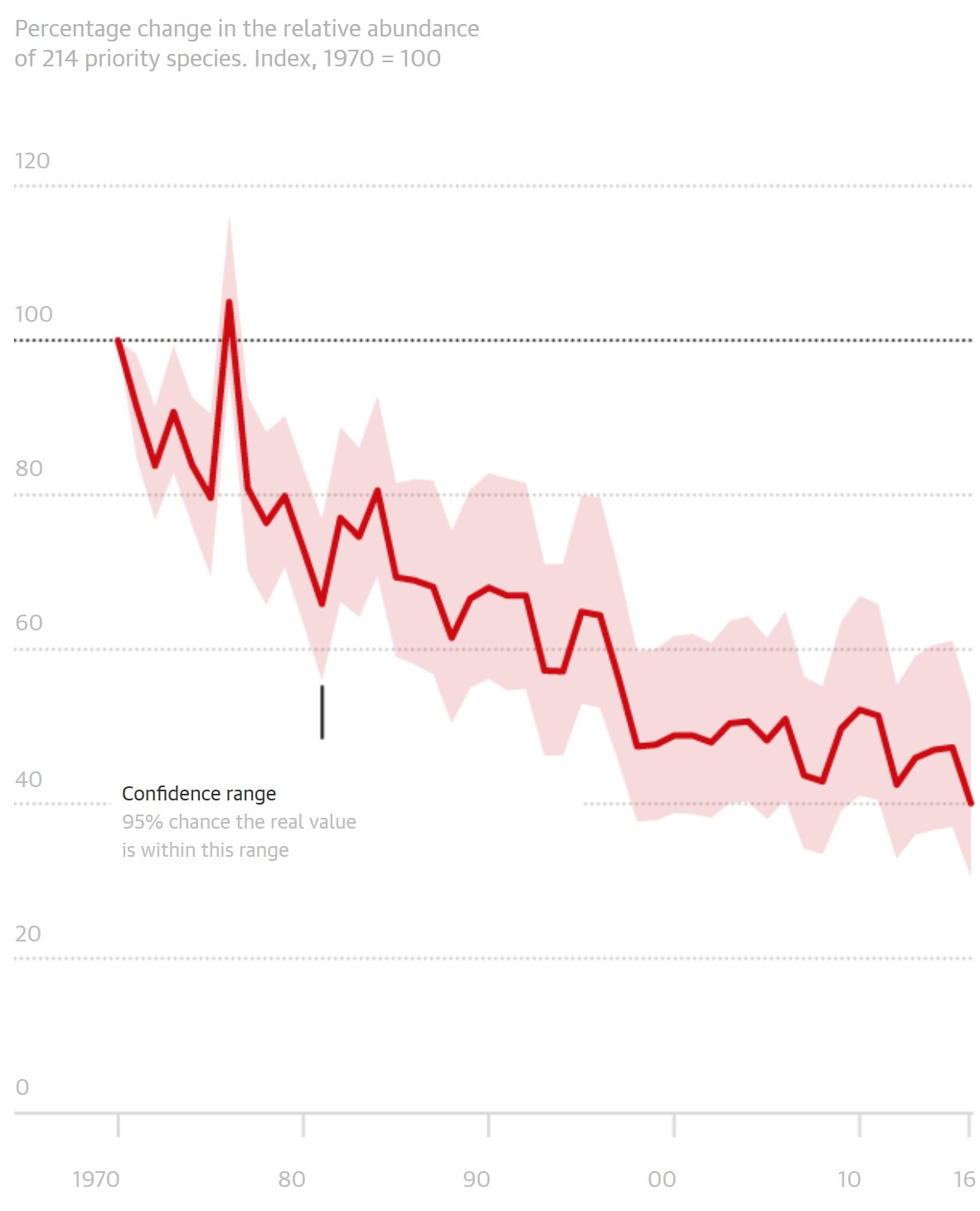 But first we need to identify those champions. So please, if you feel this is you, step forward. If you know someone who deserves this mantle, encourage them to do so.
But first we need to identify those champions. So please, if you feel this is you, step forward. If you know someone who deserves this mantle, encourage them to do so.
The true state of nature?
A word to the wise for Mr Packham, who yet again has accused farmers of “drenching the countryside in toxins” following the release of the State of Nature report. This noted a “significant decline” of 13% in terrestrial and freshwater species since 1970.
Here’s the actual chart from the Joint Nature Conservation Committee that advises UK Government. Note the decline, which coincides with a doubling in productivity, seems to have levelled off, since environmental schemes were introduced in the late 1990s.
Perhaps if Society was to show a shred of support for these efforts, instead of constantly levelling criticisms, we could both reverse the decline and further boost productivity.
Tom Allen-Stevens has a 170ha arable farm in Oxon, but doesn’t own a plough. @tomallenstevens

